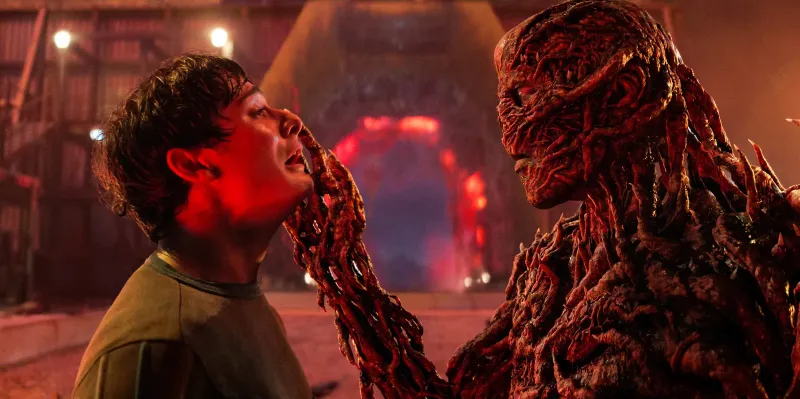It's a hot summer day in the neighborhood, and Phoenix is being taught how to fight by her older brother. But all she wants is someone to get her an ice-cold cherry lemonade. Taking matters into her own hands and left to her own devices, she bikes to the local corner store for the drink, but she's short on money. A stranger buys it for her, but she refuses to take it. Wandering alone in the neighborhood into the evening, she runs into the stranger again. He offers her a ride, putting her in a precarious situation that opens her eyes up to how alone she is in the world and how self-sufficient she must be to survive in it. Directed and written by Aisha Ford, this evocative and powerful short drama captures a young girl's small but life-changing coming of age, as she begins to sense the hidden underpinnings of power in the larger world and who she must be to navigate it. Captured in hazy, sun-soaked cinematography and equally loose, natural camerawork, the film has the sensuous, enjoyable feel of a lazy, aimless summer afternoon, evoking that boundless time during childhood, spent wandering, exploring and indulging in summer treats. Along with the textured, relaxed editing and pacing, it would be easy to let the story sprawl, but the storytelling doesn't amble.

Instead, it's attentive to the subjective, internal experience of Phoenix, whose quiet but profound revelations provide the narrative backbone. Portrayed with sensitivity and understatement by THIS IS US actor Eris Baker, Phoenix is a quiet but typical kid, existing in her world, one where parents and responsible adults are voices from another room, absorbed in their own affairs. Her brother is her ad-hoc protector, trying to teach her to fight, but he's got his friends and agenda. On her own, she takes herself to the store to buy her summer treat, but instead has an uneasy encounter with a stranger. While nothing on the immediate surface seems sinister, the film deftly captures that sense that the air has become charged with danger, and both viewers and Phoenix realize how unprotected she is. As late afternoon shifts into the evening and then night, CHERRY LEMONADE also darkens in tone, though it retains its compelling naturalism and imbues Phoenix's next interaction with the stranger with even more fear. Potential disaster is averted, but it becomes a learning moment for Phoenix, one that is also a loss of innocence. Set in a lower-income neighborhood, the film matter-of-factly handles its socioeconomic framing, not making an overt statement, but some could interpret the film as a tale of growing up too soon or too fast. But judging from the film's final, riveting images of Phoenix, the truth is more complex and layered than that. Phoenix is still a young girl, but she embraces the necessity of strength in her world, turning it into a statement of independence and empowerment, though startling for its youth.



